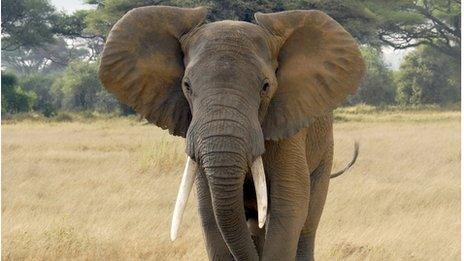Tanzania stops Malawi burning ivory stockpile
- Published
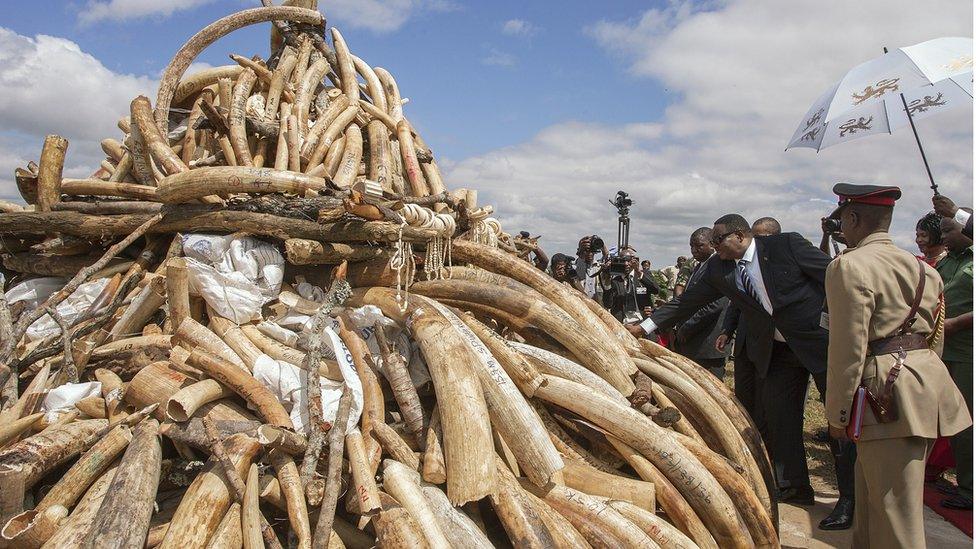
Malawian President Peter Mutharika (pictured) postponed the burning of a separate ivory stockpile in April
Tanzania has blocked Malawi from burning 2.6 tonnes of ivory, saying it needs to use the tusks as evidence for the prosecution of suspected poachers.
The nearly 800 tusks were intercepted by customs officials as they were being smuggled into Malawi from Tanzania.
The director of Malawi's wildlife department said he was disappointed with the court order, which bans the burning of the ivory for three months.
Malawi's elephant population has halved since 1980, mainly due to poaching.
Tanzania's has declined by 60% in the past five years.
Last month, a court fined two Malawian siblings $5,500 (£3,500) for their part in trafficking the ivory and ordered it be burned within 20 days, AFP news agency reports.
But Tanzania's authorities successfully sought an order to block the destruction from the High Court in the Malawian city of Mzuzu.
"We were all set to burn the trafficked ivory on Friday morning to show our commitment to the fight against elephant poaching and illegal trafficking," said Bright Kumchedwa, director of Malawi's parks and wildlife department.
In April the Malawian government decided to postpone the burning of four tonnes of ivory at the last minute.
It said it wanted to delay burning the stockpile so it could boost it with the 2.6 tonnes of elephant tusks, which were being held because of court cases.
Conservationists say poaching has surged across sub-Saharan Africa in the past few years, with gangs killing elephants and rhinos for their tusks and horns to feed the ever-increasing demand from Asia.
Last year, the leaders of Botswana, Gabon, Chad and Tanzania pledged to honour a 10-year moratorium on the sale of ivory.
- Published4 March 2015
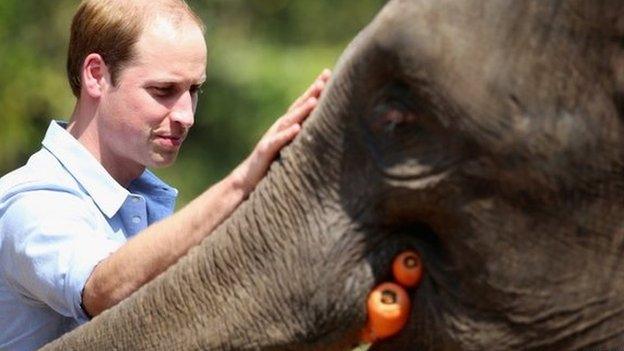
- Published3 March 2015
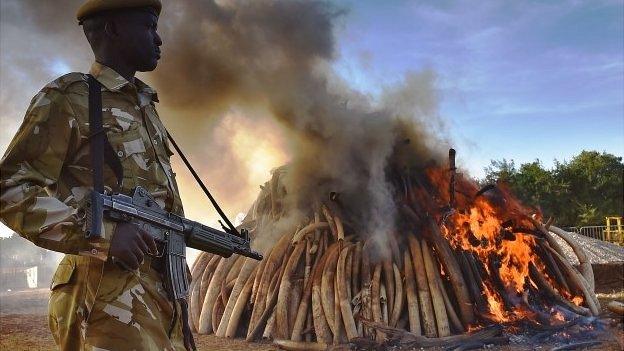
- Published26 February 2015
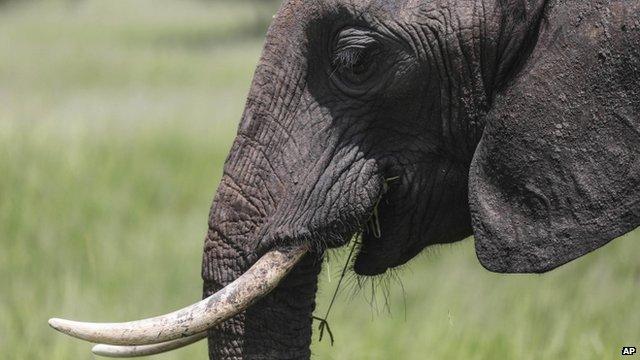
- Published13 February 2014
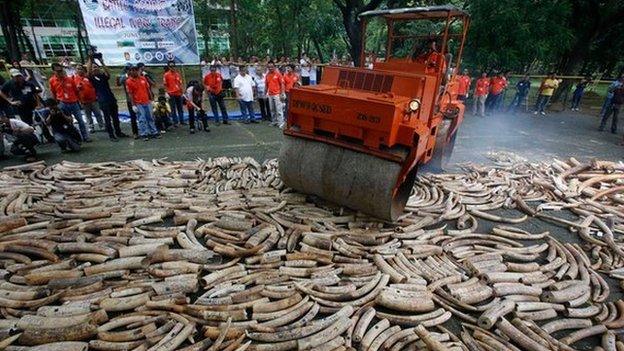
- Published6 January 2014
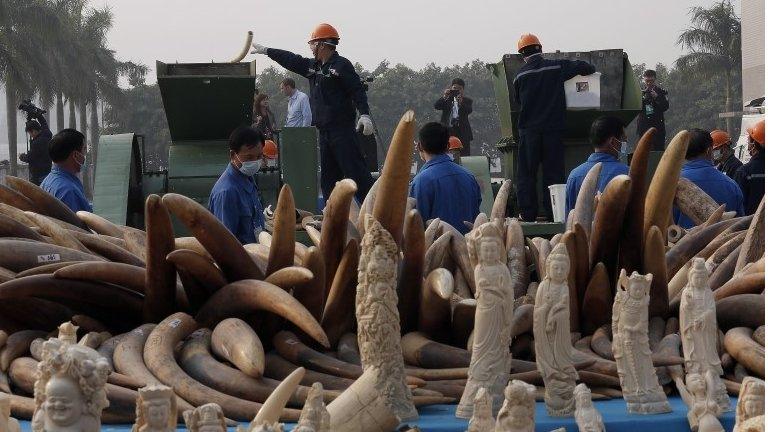
- Published18 November 2013
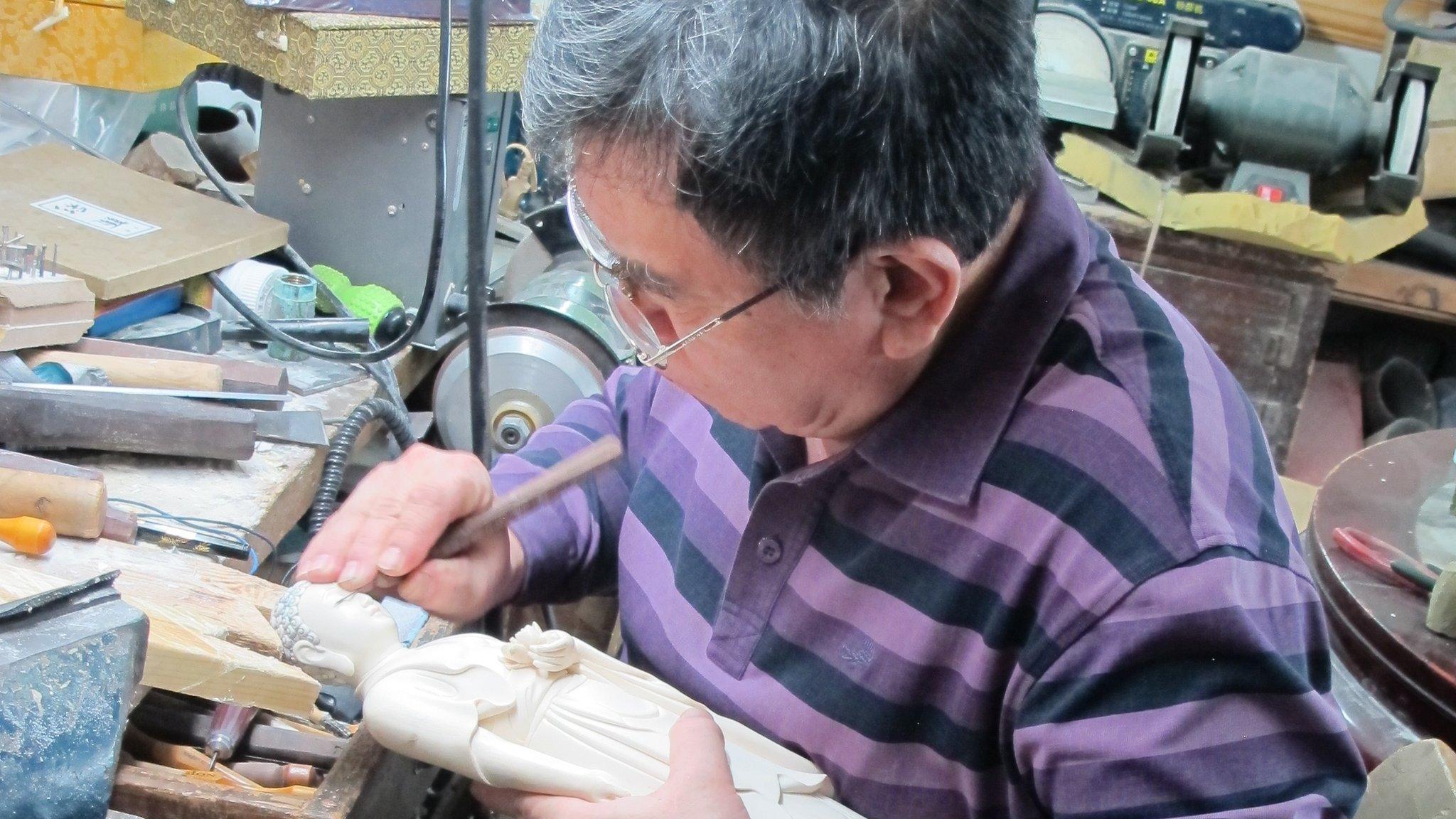
- Published29 December 2011
